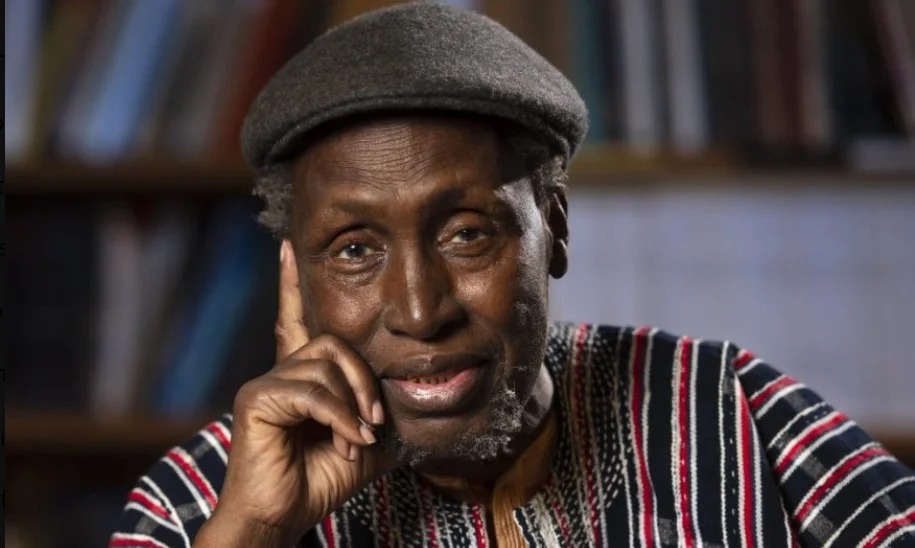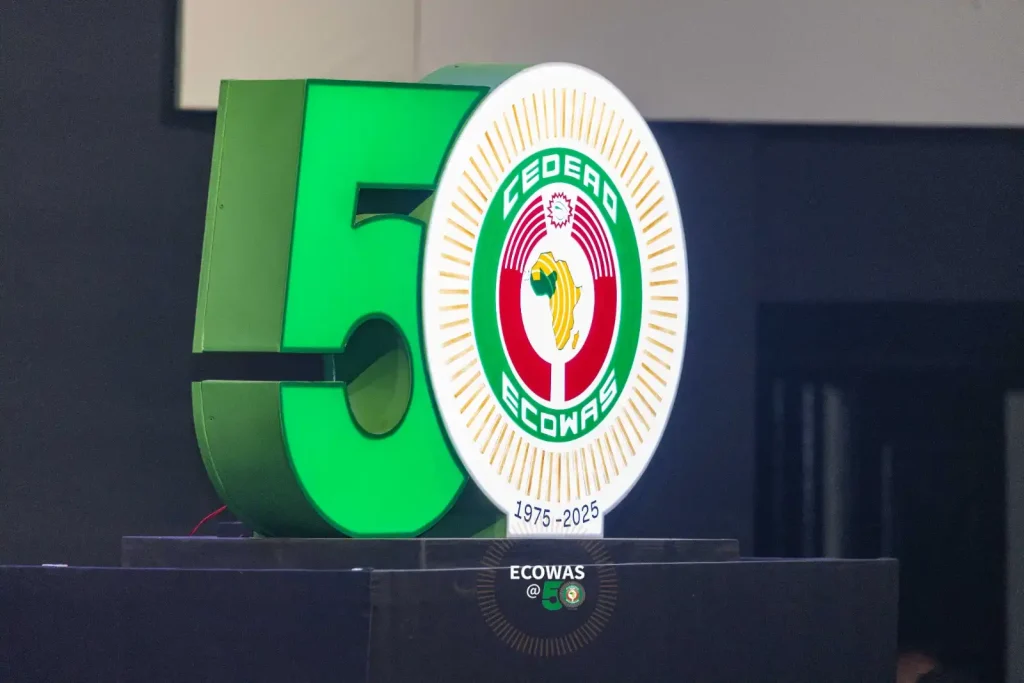In response to public outcry over economic hardship, the Tinubu administration introduced a series of palliative measures, including cash transfers to the poorest households. However, these initiatives have been widely criticized for being poorly implemented and ineffective. Many Nigerians have complained about not receiving the promised funds, while those who did receive the transfers say the amounts are insufficient to make a meaningful difference.
Opposition parties and civil society organizations have called on the government to focus on long-term poverty reduction strategies rather than relying on short-term handouts. Experts argue that investments in infrastructure, healthcare, and education would have a more lasting impact on poverty levels than temporary cash transfers. “What good is a one-time payment when people need sustainable income to survive?” asked a member of the Nigerian Labour Congress during a recent rally.
The APC government maintains that the palliative measures are part of a broader strategy to ease the economic transition, but many citizens remain unconvinced. Public frustration is mounting as people demand more comprehensive solutions to the challenges they face. Social movements are organizing protests, urging the government to address the root causes of poverty rather than treating its symptoms with inadequate handouts.























